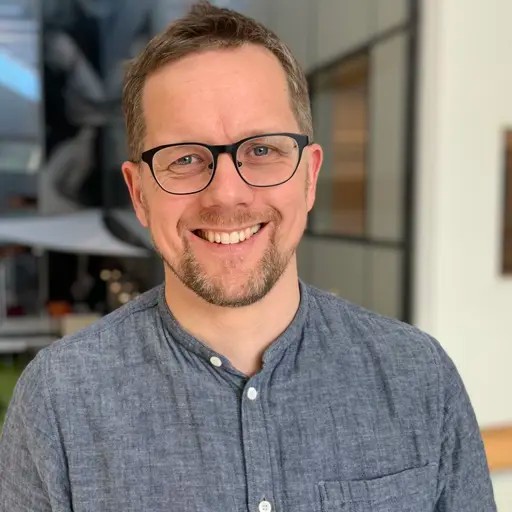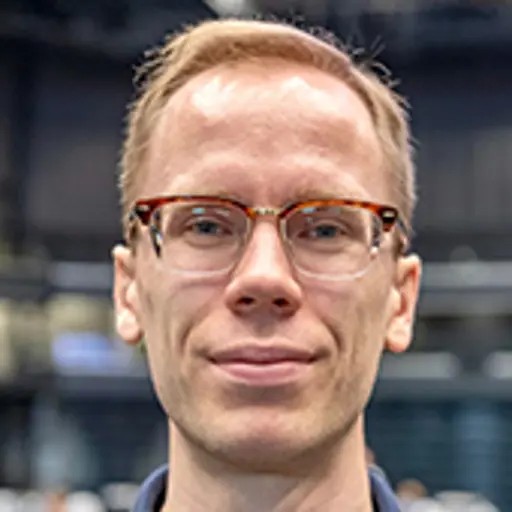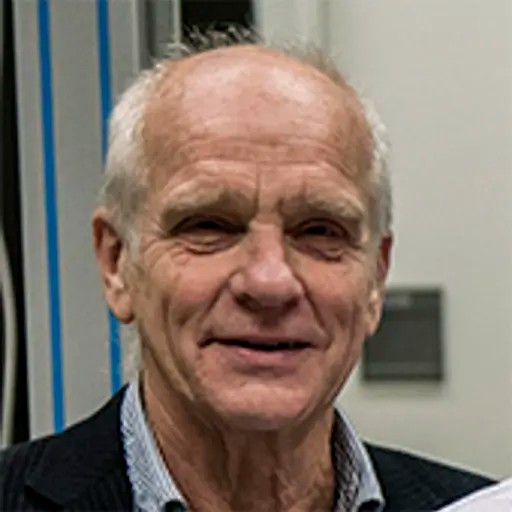The EU Flagship project of building a superconducting quantum computer, OpenSuperQ, has been approved to enter a second phase. The project is expanded from 10 to 30 partners and renamed OpenSuperQPlus100 as it targets functional 100-qubit quantum computers.

Chalmers was one of the ten partners in the EU Flagship project OpenSuperQ, which ran between 2018 and 2022 (read more). The project aimed at building a 100-qubit quantum computer and making available in the cloud in just 3.5 years, which proved a little bit too bold – for any group in the world. OpenSuperQ demonstrated results at the state of the art, with a quantum error correction result by ETH and a first-generation 20-qubit quantum processor with good qubits in an extensible architecture from WACQT at Chalmers.
Chalmers’ quantum computer researchers will now continue to play a key role in the European quantum computer community through the recently approved second phase of OpenSuperQ – now expanded to 30 partners and renamed OpenSuperQPlus100, because it’s targeting 100-qubit quantum computers. The project also targets running quantum algorithms on these systems, approaching useful quantum computation.
Chalmers is getting 2 M€ out of the grant’s 20 M€ over 3.5 years.
“The project is entirely aligned with the quantum hardware and software goals of WACQT,” says Jonas Bylander who is principal investigator for Chalmers together with Göran Wendin and Anton Frisk Kockum.
Chalmers will play a large role in fabrication and design of quantum processors, theory, and applications in quantum chemistry. Quantum computers with somewhat different focus will be built at three locations: in Delft, in Munich, and in Gothenburg at Chalmers.
Delft will target 100 qubits and the running of an error correction code that requires 97 qubits. The quantum computer at Chalmers will have 40 qubits in 2025 and will be made available to users via the cloud.
“Our partners will get access to the quantum computer down to a very low level, close to the hardware. This allows them, for example, to test methods for controlling quantum computers as well as methods for noise mitigation,” explains Bylander.
Chalmers will also develop and test quantum algorithms for quantum chemistry as well as hybrid algorithms that are run both on a classical and a quantum computer.
After OpenSuperQPlus100, which targets 100 qubits by 2025, the project will develop a roadmap towards 1000 qubits by 2029 in a third phase of the project.
- Associate Professor, Applied Quantum Physics, Microtechnology and Nanoscience
- Professor Emeritus, Applied Quantum Physics, Microtechnology and Nanoscience


